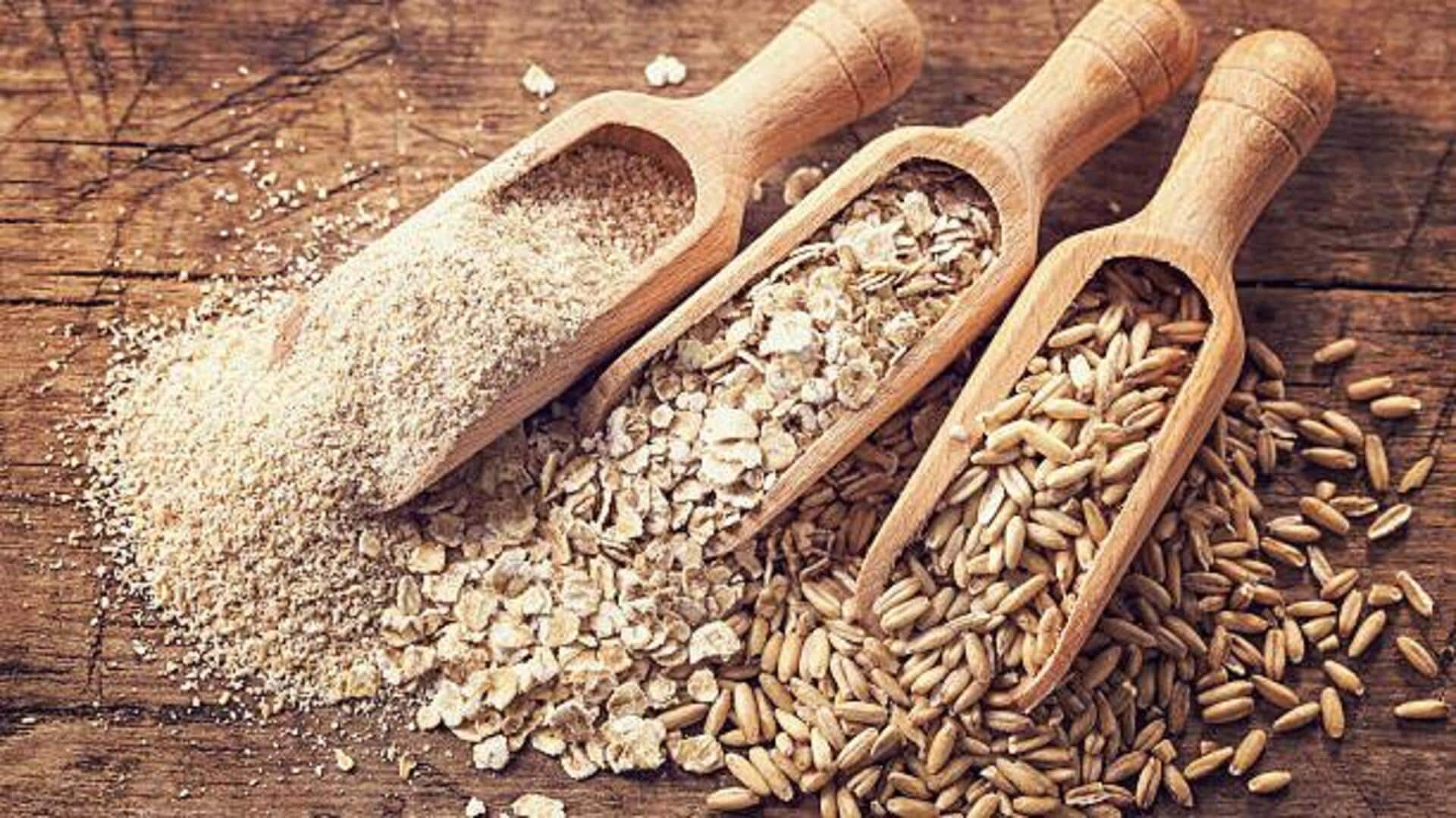
Add variety to your meals with these grains
What's the story
African grains provide a rich variety of nutrients and flavors to spice up any plant-based diet. Cultivated for centuries, these grains are resilient in diverse climates. Not only do they make your meals diverse, but they also pack essential vitamins, minerals, and fiber. Here are five African grains you can add to your diet, each with its unique benefits and culinary uses.
Sorghum
Sorghum: A versatile grain
Sorghum, a drought-resistant grain, grows well in arid places. Gluten-free and rich in antioxidants, it's a great option for people on dietary restrictions. Sorghum can be used in the form of flour, syrup, or whole grain. Used to make porridge or flatbreads, it can also be popped like popcorn and eaten as a healthy snack.
Teff
Teff: The tiny powerhouse
Despite being one of the world's tiniest grains, teff packs a serious nutritional punch. It's rich in protein, calcium, and iron and is also gluten-free. Teff is typically used to prepare injera, a traditional Ethiopian flatbread. Its mild flavor makes it versatile enough to use in sweet and savory dishes alike, such as pancakes or even stews.
Fonio
Fonio: The ancient supergrain
Cultivated for thousands of years, fonio is one of Africa's oldest cultivated grains. It cooks quickly and has a light texture similar to that of couscous or quinoa. Fonio is also rich in amino acids that are often lacking in other cereals, making it an excellent addition to vegetarian diets.
Millet
Millet: The nutritious staple
Millet comes in several varieties, including pearl millet, which is widely grown across Africa. The grain is high in magnesium, which supports heart health, as well as phosphorus, important for energy production within cells. Millet can be cooked like rice, added into soups, stews, salads, even baked goods, giving you the best of both worlds- versatility along with nutrition!
Amaranth
Amaranth: The protein-rich seed
Technically, amaranth is classified as a pseudo-cereal because of its seed-like nature. However, it has an amazing nutritional profile with all the nine essential amino acids that the body requires. With its high protein content, amaranth is an ideal option for vegetarians and vegans looking for complete proteins without animal products. It can easily be added to breakfast cereals, granola bars, and even desserts for a nutty flavor and nutrient boost.